Consumer interest in green transportation in Vietnam is increasing. However, to make people feel secure in switching from gasoline cars to electric vehicles, it is necessary to further improve the user experience, increase convenience, especially the charging station system. In addition, it is necessary to promote public transportation using electricity such as buses and taxis and continue to have preferential policies for users.
Add more utilities to increase green car coverage
One issue that most electric vehicle buyers are concerned about is the ability to meet the needs of charging their cars. Most consumers in Vietnam do not need to install charging at home due to barriers in installation as well as costs. This opens up opportunities for upgrading, as well as installing public charging stations. In addition, price transparency is the most important priority for Vietnamese consumers when buying a car.
Mr. Nguyen Duc Dung, Hoang Mai District (Hanoi) acknowledged that as the number of electric car users increases, having enough charging stations is a top concern. Mr. Dung has witnessed in some areas the situation of cars lining up to wait for their turn to charge, even late at night on some days there are still cars waiting to charge so they can operate the next day.
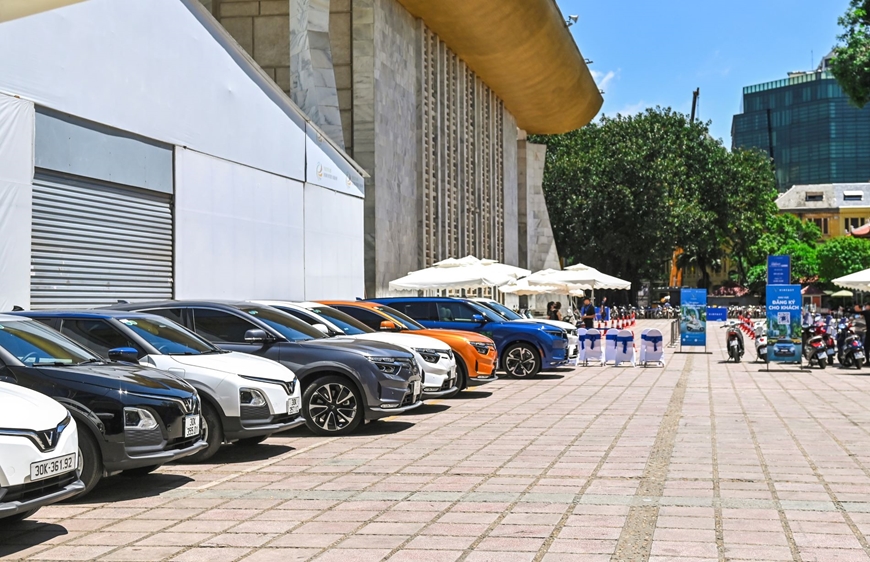 |
It is necessary to increase utilities and convenience so that consumers can confidently choose electric vehicles. Photo: BAO LINH |
Experience from some people who have used electric cars for a while shows that before each trip, especially long distances, it is necessary to calculate a reasonable route, ensure there is a charging point at the destination and not run out of battery along the way. It can be said that the wider the coverage of charging stations, the more favorable the ability to attract people to green transportation.
In addition to personal vehicles, public transport vehicles with electric engines are also receiving more attention and have initially shown practical effectiveness. Hanoi is the first locality in the country to put electric buses into operation.
According to passenger reviews, electric buses are extremely comfortable and safe for passengers. The buses have an automatic system to control the driver's behavior, warn of unsafe risks, or automatically lower the body of the vehicle when getting on or off, suitable for the elderly, children, the disabled, pregnant women, etc. Currently, in addition to running on some bus routes in Hanoi, electric buses are also used to serve connecting passengers at Noi Bai airport.
Along with buses, electric taxis have appeared in a number of cities across the country. Mr. Nguyen Van Thanh, General Director of GSM Green and Smart Mobility Joint Stock Company, the operator of Green SM electric taxis, said that more and more users want to experience electric cars, however, due to different conditions, many people cannot or do not want to own this green, smart means of transportation right away.
The desire of the car rental and electric taxi unit is for customers to directly experience green vehicles at reasonable prices. Through the actual experience of the features on the car, many people will want to own an electric car, thereby changing their habits towards the common goal of an environment that minimizes pollution.
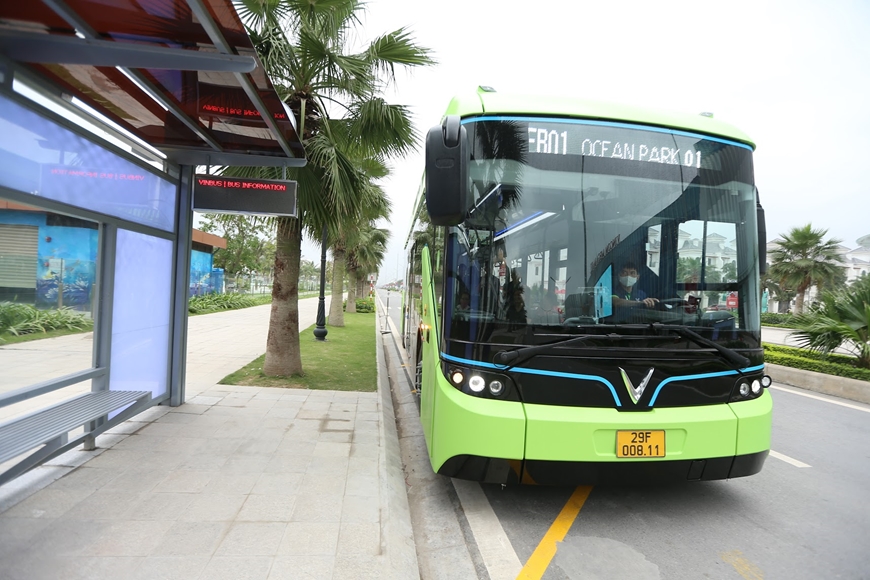 |
| Electric buses operate in Hanoi. Photo: BAO LINH |
The number of newly manufactured, assembled and imported electric cars in our country has increased rapidly in recent years. In 2021, only 167 electric cars were inspected and certified; in 2023, by July 12, 12,585 electric cars were inspected and certified. However, electric cars in Vietnam today are mainly cars and city buses.
Year | 2018 | 2019 | 2020 | 2021 | 2022 | 7/2023 | Total |
Imported electric cars | 03 | 08 | 06 | 33 | 113 | 59 | 222 |
Electric cars manufactured and assembled | 0 | 0 | 0 | 134 | 7,483 | 12,226 | 19,843 |
Add | 03 | 08 | 06 | 167 | 7,596 | 12,285 | 20,065 |
Number of electric cars manufactured, assembled, and imported in Vietnam inspected and certified over the years. Source: Ministry of Transport
Urgent need to develop national standards for charging stations
Building a network of charging stations is considered the most important factor influencing consumers' decisions in choosing electric vehicles, along with infrastructure requirements for reusing and recycling batteries to protect the environment and exploit resources effectively.
The charging station system with the highest coverage in Vietnam today belongs to VinFast Company with charging stations located in parking lots, bus stations, apartment buildings, offices, shopping malls, rest stops, and gas stations along highways and national highways. VinFast has developed a charging station system with more than 150,000 charging ports for electric motorbikes and electric cars, spanning all 63 provinces and cities in Vietnam.
Another company that also provides charging solutions for electric vehicles in Vietnam today is EVIDA Company with the smart electric vehicle charger product EBOOST. This unit is providing design, installation and operation of electric vehicle charging station systems with more than 850 charging points nationwide. EBOOST is a solution with a completely digital and technological platform, suitable for the current trend of the 4.0 industrial revolution.
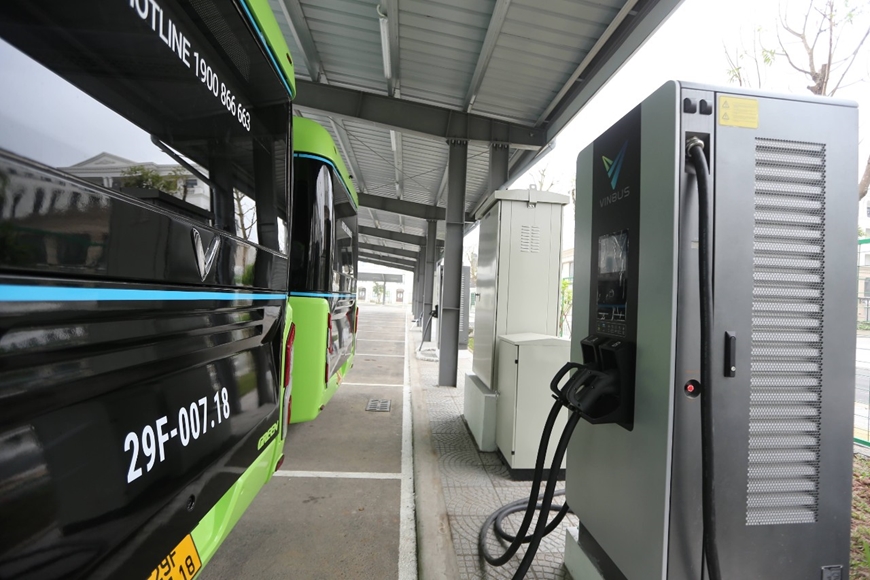 |
| An electric vehicle charging station in Hanoi. Photo: BAO LINH |
Vietnam Electricity Group (EVN) has also joined the race with a product developed by the Central Power Electronics Production Center (under EVN). Currently, EVN has completed and delivered 6 charging stations to customers, expected to be installed in Hanoi. This is the first fast charging station for electric cars with a Vietnamese brand from a non-auto manufacturer.
Some car brands such as Porsche, Audi or Mercedes-Benz have also set up charging stations for customers, but the number is still limited, most of them are only installed at the showroom or factory of the company. Brands such as Audi or Mercedes-Benz have plans to expand the charging station system, especially in big cities.
In addition, a series of world-leading enterprises in the field of electric vehicle charging station systems have also expressed their intention to expand the electric charging station business market in Vietnam, such as Siemens, Charge+, and ABB.
Although the number of electric charging stations is increasing significantly every year, additional solutions are needed to improve the quality of Vietnam's existing infrastructure.
According to the Vietnam Automobile Manufacturers Association (VAMA), Vietnam does not have an infrastructure for charging stations, standards for charging stations and charging station suppliers. In the immediate future, Vietnam needs to have national standards for charging stations and ensure that fast charging stations can be used for electric vehicles of all brands, meeting the vehicle models that manufacturers can provide to the Vietnamese market in the near future.
Some experts believe that car manufacturers should focus on making products and supplying them to the market. Charging station infrastructure should be provided by third parties according to national and international standards or car manufacturers should join hands to invest, avoiding each company building its own charging station system, which may not be compatible between cars of different companies or hinder cars of one company from using charging stations of another company.
According to the Ministry of Transport, the issuance of Vietnamese standards on electric charging stations and charging station connection standards is in line with the development trend of international charging technology.
In addition, it is necessary to have regulations on electric charging station systems in urban technical infrastructure and residential areas; arrange public electric charging stations for newly invested infrastructure and renovated infrastructure (bus stations, rest stops, urban areas, parking lots, commercial centers, hotels, offices, apartments, urban areas, restaurants, public parking lots, administrative agency headquarters, etc.).
Allow the construction of public charging stations on buildings with current land use purposes without having to change the land use purpose to build charging stations. Study the exemption of construction permits and adjust the investment policy when installing charging stations. Prioritize power supply for public charging station infrastructure.
 |
| People test drive electric motorbikes. Photo: BAO LINH |
Proposing many preferential policies for electric vehicle users
Incentive policies for electric vehicle users are considered specific solutions to help reduce electric vehicle prices, making it easier for consumers to access green vehicles. Thereby, bringing positive signals, creating momentum for the development of the domestic electric vehicle market.
Along with the policies on exemption and reduction of registration fees for electric cars, the Ministry of Transport proposes to continue to apply preferential special consumption tax rates for electric cars with 9 seats or less at 3% after February 28, 2027 for domestically produced and assembled electric cars. VAT exemption for the first 5 years, 50% reduction for the next 5 years. License plate exemption for the first 3 years, 50% reduction for license plate fees for electric cars for the next 2 years.
One of the notable proposals is to subsidize people when buying electric cars to shift consumer behavior from gasoline and diesel cars to electric cars at a rate of about 1,000 USD/car.
Along with that, there are proposed policies to develop charging station infrastructure such as exemption of import tax on components and equipment for installing charging stations; exemption of land tax for the first 5 years, 50% reduction for the next 5 years; exemption of corporate income tax for the first 5 years and 50% reduction for the next 5 years. Preferential electricity prices equal to electricity prices for production.
Along with promoting the use of electric vehicles, the State management agency also proposed the need to develop and promulgate regulations to raise emission standards and limit fuel consumption to limit vehicles using fossil fuels. With synchronous solutions from encouraging production to consumption, electric vehicles promise to become a new wave, contributing to building a green, clean, civilized and safe traffic environment.
MANH HUNG - VU DUNG
*Please visit the Economics section to see related news and articles.
Source








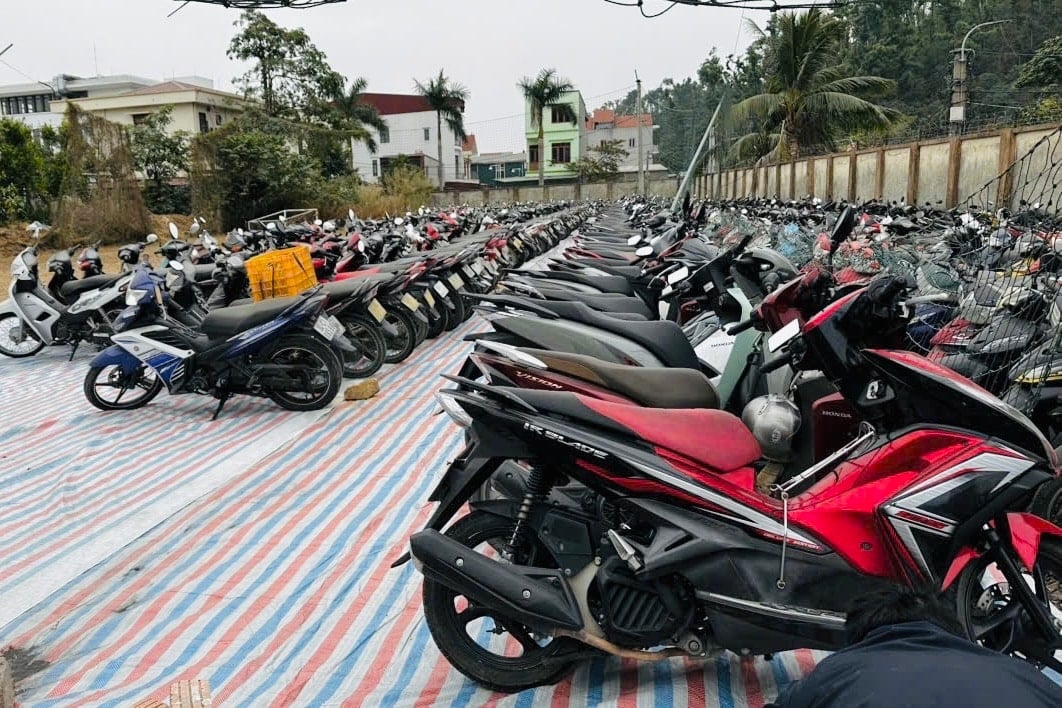



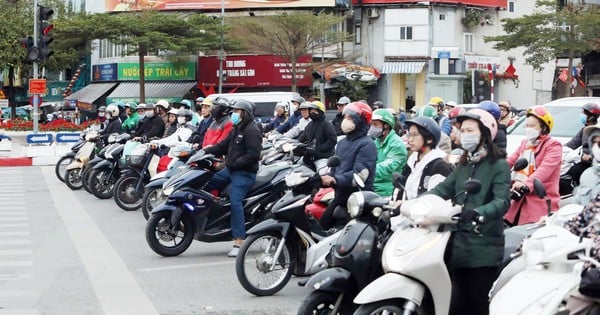












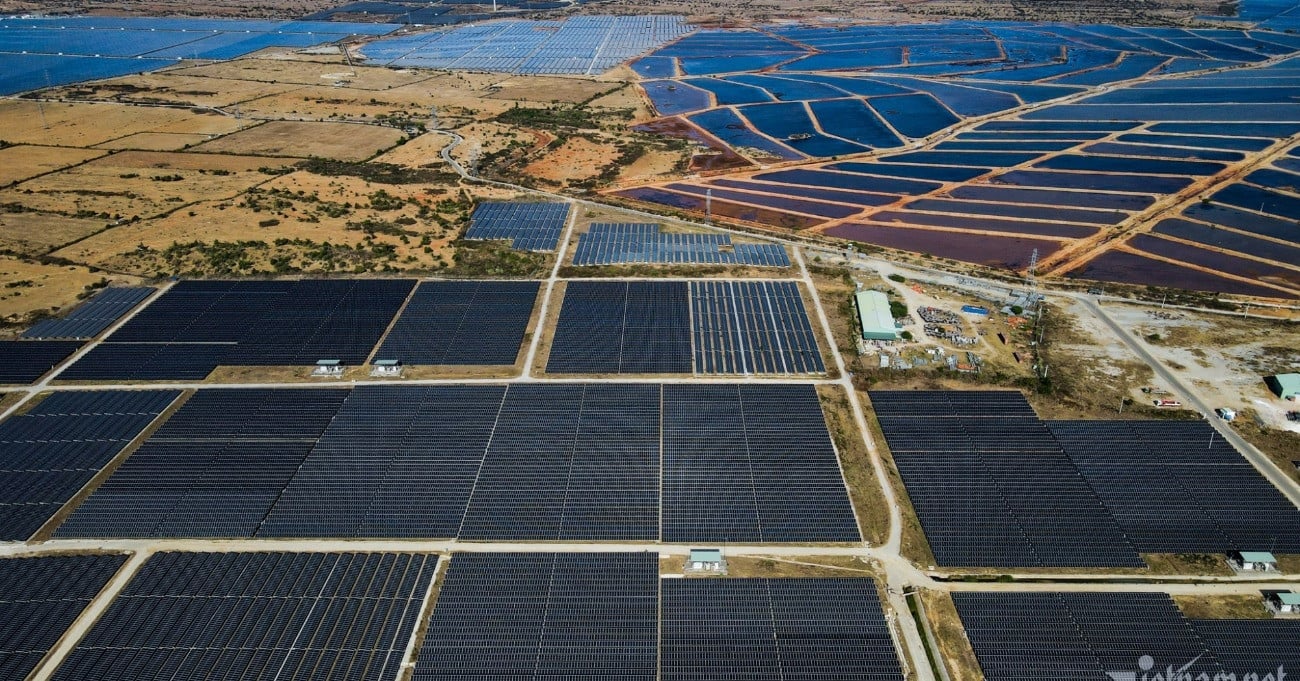






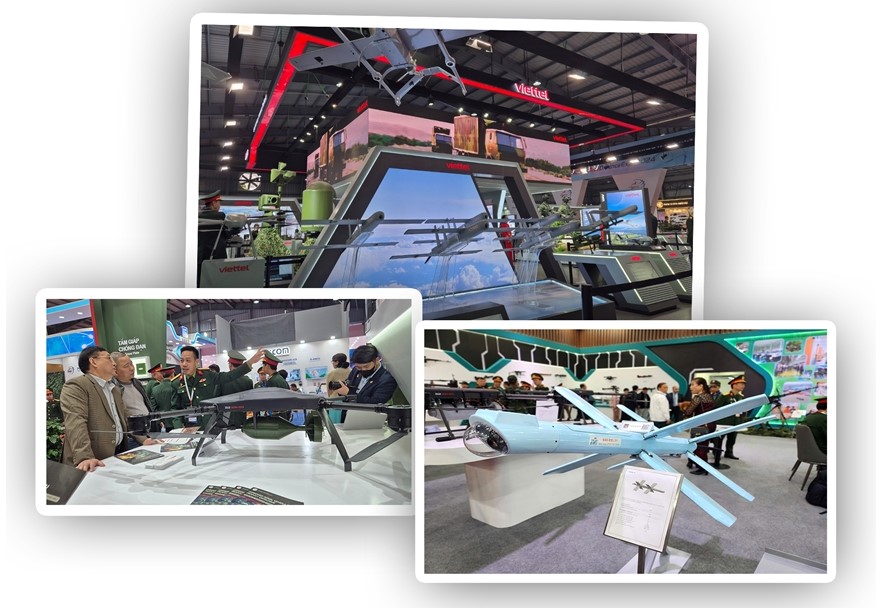
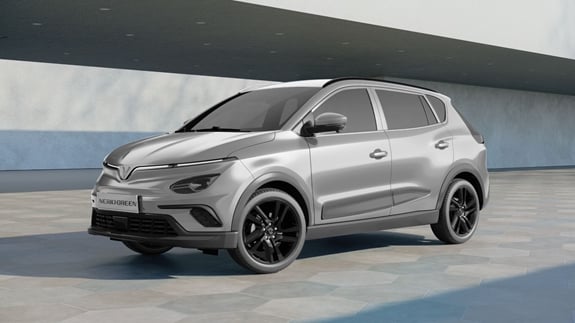




















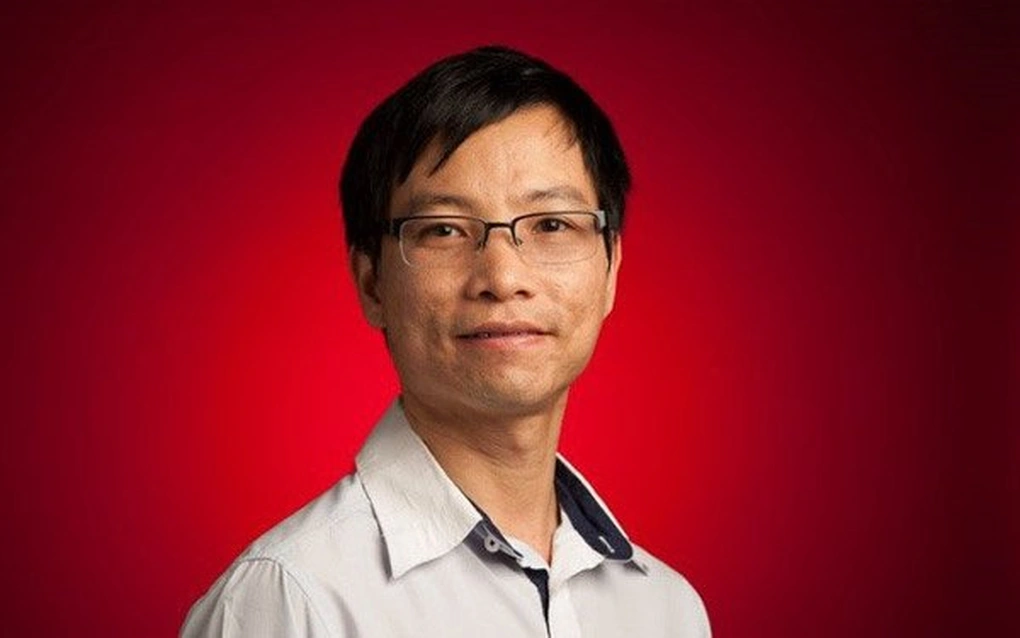







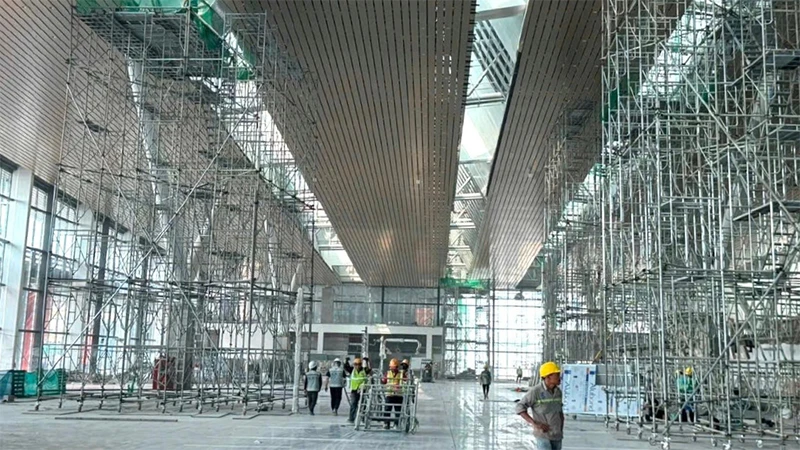











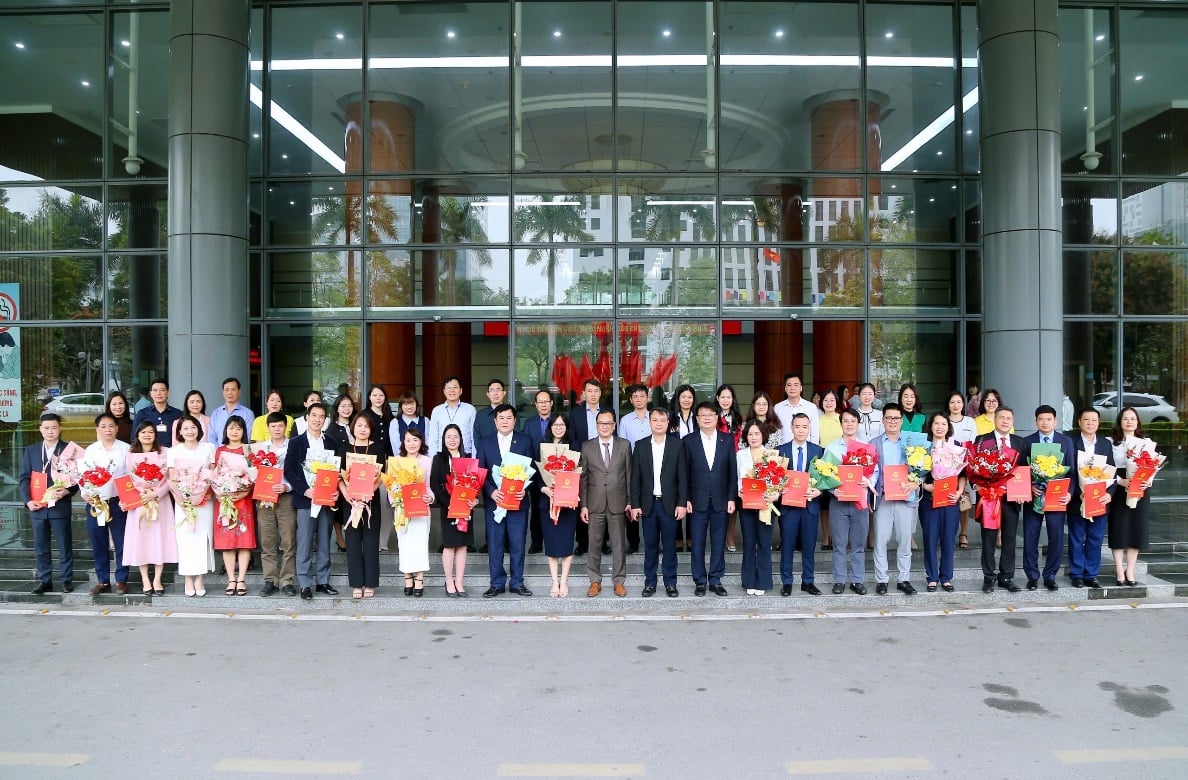


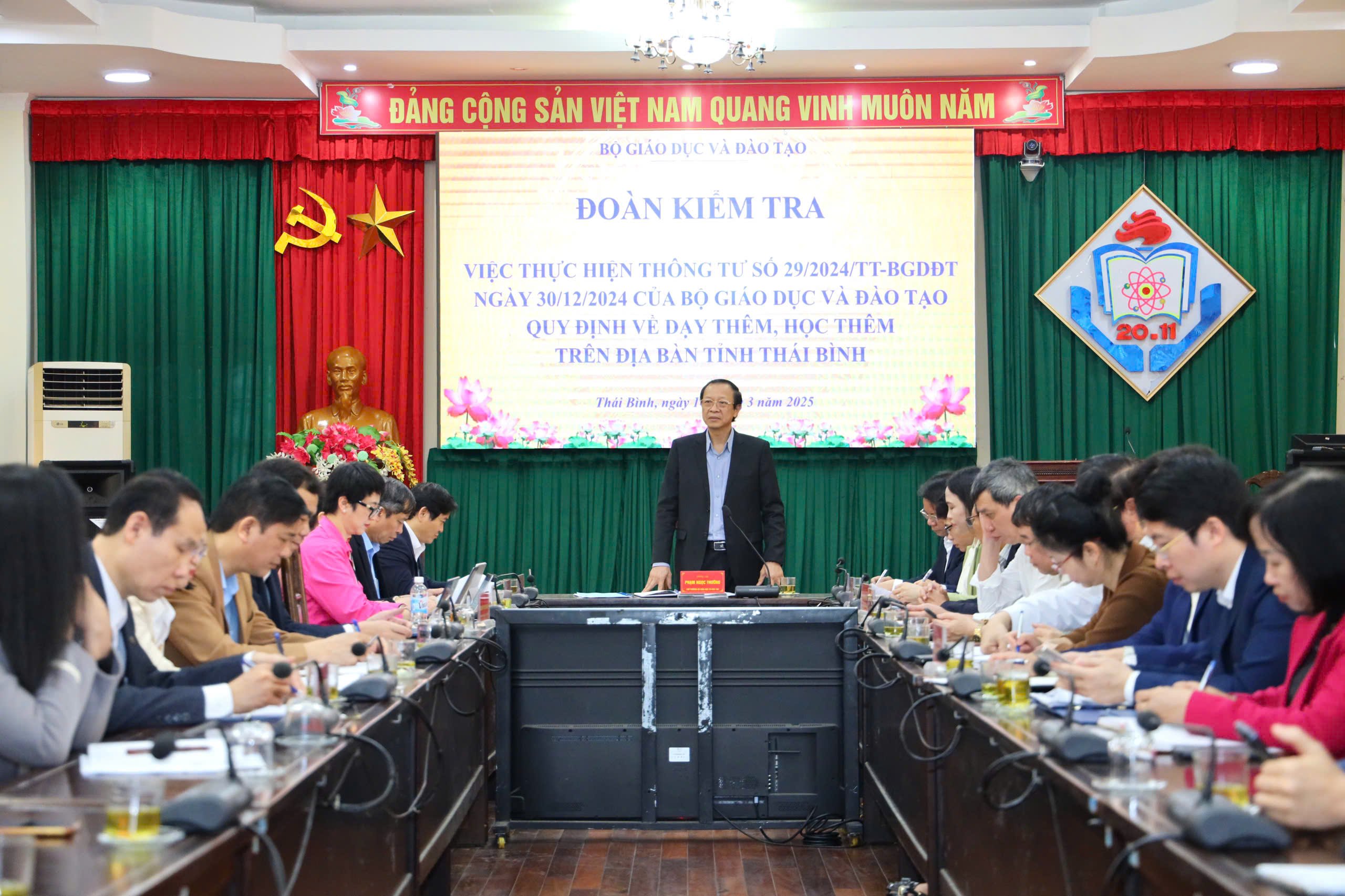

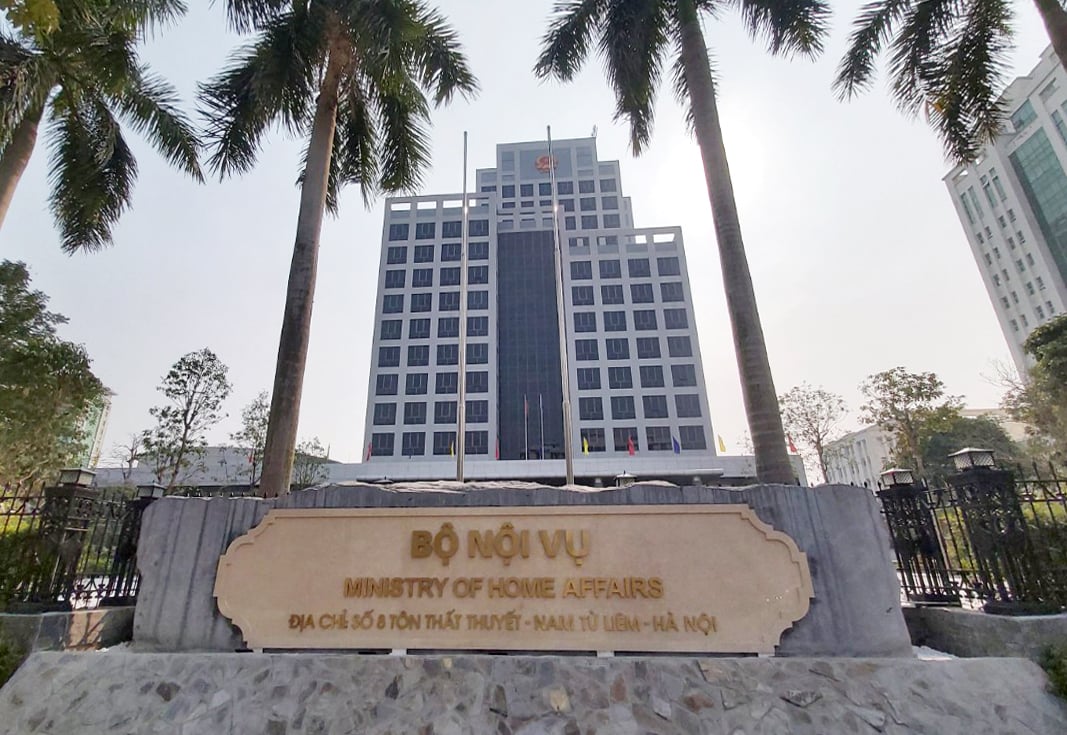













Comment (0)